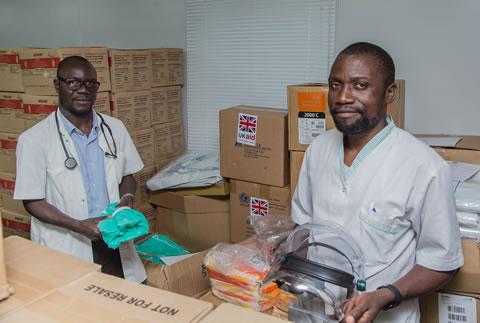
Leadership
Health supply chain leaders and managers play a pivotal role in ensuring the availability of critical vaccines and health commodities, and developing their leadership skills is crucial if supply chains are to run smoothly. Soft skills, particularly those related to people management, problem-solving, communication and project management are precisely the kinds of skills that could enhance the capabilities of supply chain leaders. However, often the leaders and managers of public health supply chains in low- and middle-income countries are not supported to develop these skills. Instead, human resources training tends to emphasise technical and operational-level competencies (hard skills) over strategic competencies (soft skills).
As a result, health supply chains are often limited in their ability to meet existing demands. This jeopardises the health of individuals, the health goals of countries and the major investments in health systems made by governments and partners.
Strategic Executive Training Programme (STEP 2.0)
The International Federation of Pharmaceutical Wholesalers (IFPW) Foundation is overseeing the coordination of STEP 2.0.
Multiple donors with investments in supply chain system strengthening have developed approaches to address the skills gap among supply chain leaders. However, to-date, these efforts have only been minimally coordinated with one another. The new STEP 2.0 programme, though, represents a refreshed era of coordinated leadership and draws on the strengths of donors’ existing programmes while learning from past experiences.
The STEP 2.0 programme has been designed to provide training in the leadership skills and competencies needed to enable supply chain managers to better fulfil their roles. It blends elements of self-paced learning, facilitator-led training, on-the-job application of leadership skills and coaching support. STEP 2.0 centres on supply chain challenges that are specific to each delegate, who, following the programme, then has the skills, capabilities and support to address them.
